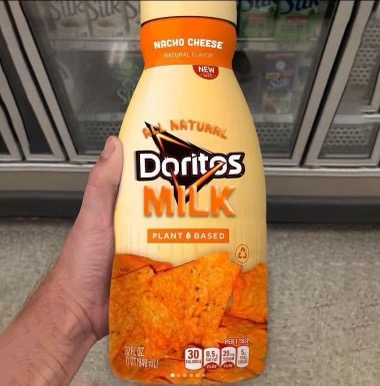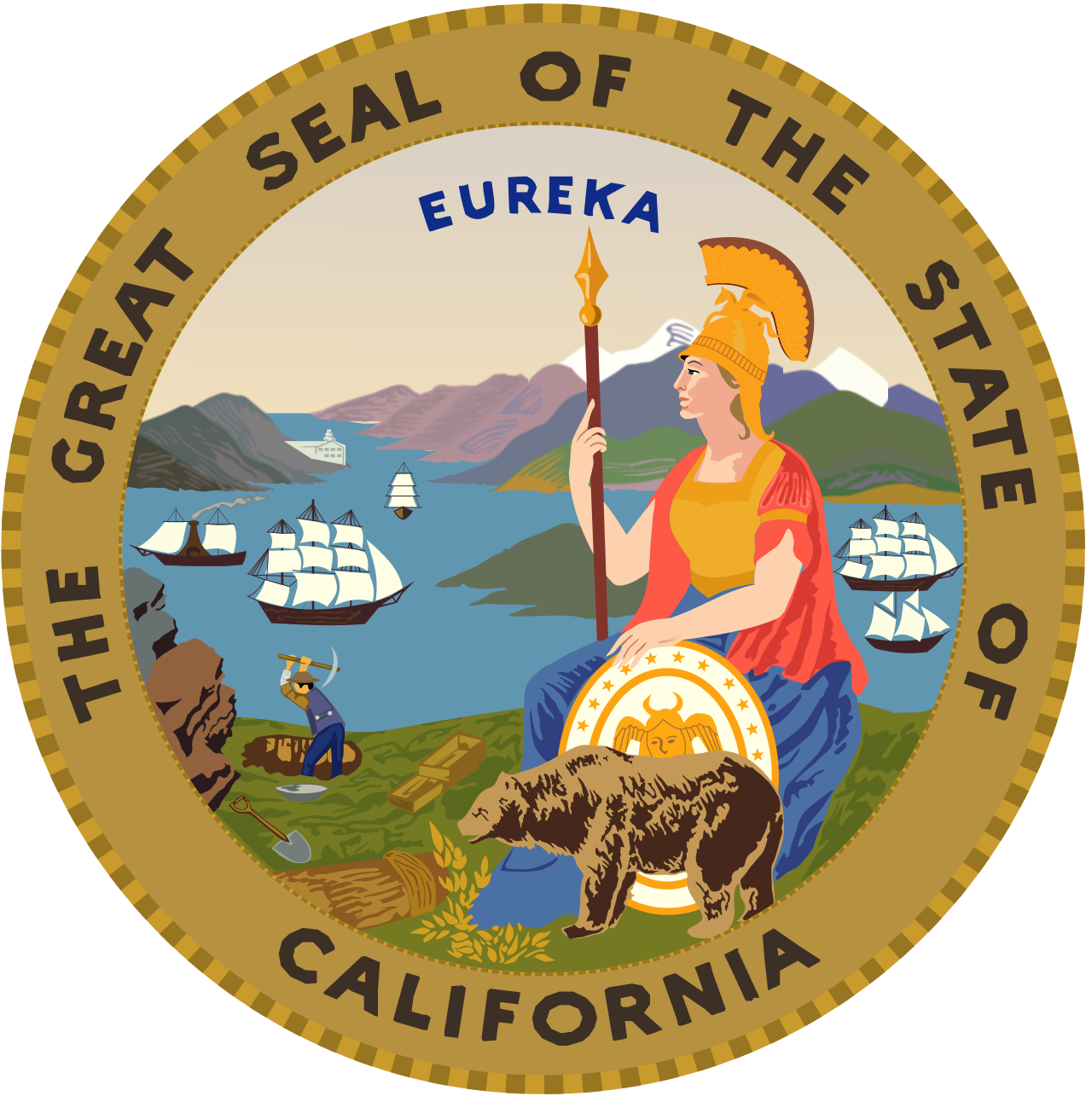You’re good! Bandage is the “correct” term, band-aid is a brand but commonly used on other brands as well. If you kept it to the first half I would have had no idea English isn’t your first language
- 4 Posts
- 207 Comments

 81·4 days ago
81·4 days agoThey don’t have a gib
I’m on my third case for this 5-year-old phone, and that’s with a pretty good brand of case

 21·9 days ago
21·9 days agoChristians see Jesus as kind of an honorary Christian, I suppose

 9·10 days ago
9·10 days agoTo be honest, I’m not entirely sure. In theory, sure: the initial question assumed initial (presumably clothed) attraction. You’ve got the body parts I enjoy between the sheets. Let’s give it a try!
But also, I’m a dumb human with dumb human hangups that shouldn’t matter, but do. Maybe this person is everything I wanted and I could never turn that down; maybe there’s a mental block I just can’t get around despite my best efforts

 13·10 days ago
13·10 days agoBeing already married and stuff aside, as a straight cisgender male I would honestly have a hard time with it. Like, my parents’ neighbor is a trans woman and I’d be lying if I denied noticing her (covered) boobs when she was hanging out in the back yard. But if I’m going to have a romantic relationship with someone, there are physical traits that attract me and others that don’t… And I would need to be attracted to my partner, both with what’s typically visible in public and what isn’t.
It’s nothing personal, and I truly hope their new body (whatever that may be) works for them and they find the love they want. It’s just not what I’m after.
To use the cliche as a tl;dr, it’s not you, it’s me.

 17·10 days ago
17·10 days agoWhich makes it a container!

 8·11 days ago
8·11 days agoOk, but… Is there really much of a difference between this and “normal candid photo/awkwardly-timed candid photo” pairs here? I’m sure if people were taking photos of me everywhere I went I’d have some faces like that and I don’t want to have anything to do with those people.

 13·12 days ago
13·12 days agoI have lots of questions about this, but I think I can answer them all with this one: how high are you?

 2·12 days ago
2·12 days agoYou do understand that was one of many very relatable examples?

 321·12 days ago
321·12 days agoOne thing I learned with the $GME fun when that first happened: when you buy a stock, your worst case scenario in making a bad bet is that it becomes worthless and you lose everything you put into it.
That last ~5 words are important: your losses have a limit. When shorting a stock, your losses are the stocks gains, which theoretically has no practical limit. I agree that there’s a bubble, but who knows when it will pop - or God forbid, it’s not a bubble after all and actually holds. I would avoid going the shorting route for that reason.

 3·12 days ago
3·12 days agoWith COTS products like Microsoft Office, it’s different because the government is just a customer, not the owner of the development.
That’s the point I’m trying to make though. I’m a contractor, and that’s super common in government because they don’t pay their own a whole lot. The government is my company’s customer. Why can’t we be the owner of the development and that would justify it being closed source? If we can, the same could apply to anyone else and the whole conversation is moot because of a contractor loophole (which you’d have to be careful in closing to avoid closing yourself off to COTS products)

 4·12 days ago
4·12 days agoThere’s a line to be drawn. For one thing, some stuff has obvious sensitivity that needs to be considered (national security and such). But aside from that… I’m a software developer who works as a contractor for the government. My product is used for and exclusively by the agency I work for, and they paid for it. Its contents would bore people to tears, but aside from that, should it be open sourced when complete? I can’t think of any reason why not.
Now, let’s think about other software the government pays for. Stuff like Microsoft Office and other COTS (commercial off the shelf) products. The government pays for that too, should they be required to make all their source code public in order to have the government as a customer? How do you draw the line in a way that doesn’t leave a loophole for people like me, if I didn’t want my source to be opened?

 4·14 days ago
4·14 days agoThis is on the midwest.social instance. I’m just in Rome, trying to do as the Romans!

 5·14 days ago
5·14 days agoWait until you find out about clamato juice. That stuff makes a great bloody Mary, and honestly I think this recipe could be a good play on that.

 81·18 days ago
81·18 days agoDoes the law go into more detail than that? Because thickeners can come from things that are really no big deal. Most jams and jellies have pectin, which is derived from fruit. Without it, I’m pretty sure we’d just have chunky fruit juice.
Gravy is almost certainly thickened with flour or corn starch or similar. So do many stews and stuff.
Mustard powder is a common emulsifier in things like mac and cheese. For those not aware, an emulsifier just keeps a sauce or whatever together
Flavoring agents? Like… If I add literally any ingredient for flavor would that be a flavoring agent? And flavor enhancers, would a little bit of salt qualify?

 51·18 days ago
51·18 days agoThis is what the rich, cool uncle with no kids would give for Christmas so the kid had something to do in school

 8·18 days ago
8·18 days agoIf you’re being facetious: this is a good thing. It doesn’t solve all problems but it’s a damn good start. No need to get critical about a pretty damn big step in the right direction, especially considering those starting this initiative in a local setting can’t change the healthcare system nationwide.
If you’re serious: admittedly (and thankfully) I haven’t had to take an ambulance, but when my daughter was born the deductible on our high-deductible plan (after which point all care is covered for the calendar year) was a fair amount under that. The system sucks, but that’s not how it works either.



We typically call the other one gauze.